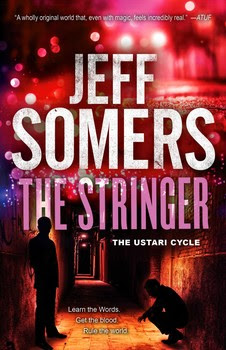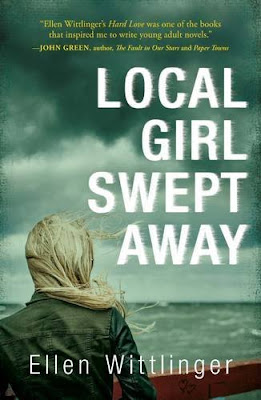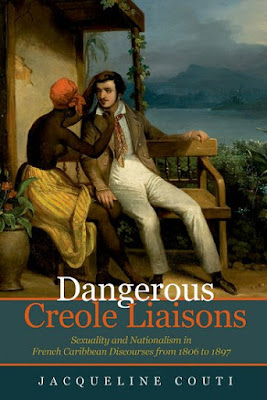 A graduate of Yale, Gerald Elias has been a Boston Symphony violinist, Associate Concertmaster of the Utah Symphony since 1988, Adjunct Professor of Music at the University of Utah, first violinist of the Abramyan String Quartet, and Music Director of the Vivaldi Candlelight concert series.
A graduate of Yale, Gerald Elias has been a Boston Symphony violinist, Associate Concertmaster of the Utah Symphony since 1988, Adjunct Professor of Music at the University of Utah, first violinist of the Abramyan String Quartet, and Music Director of the Vivaldi Candlelight concert series.His novels include Devil's Trill, Danse Macabre, Death and the Maiden, and the newly released Playing With Fire.
Here Elias shares some insights for casting the lead in an adaptation of his books:
I refrain from naming a contemporary actor to portray Daniel Jacobus, the hero of my mystery series and newest novel, Playing With Fire, because when the blockbuster movie deal that will make my books famous comes through I want to be able to convince the star that I had him, and only him, in mind for the role all along.Learn more about the book and author at Gerald Elias's website.
Jacobus is unique. He’s crusty. He’s old. And he’s blind. A cantankerous violin teacher who yearns for seclusion. At the same time, deep down (way deep down at times) he has a heart of gold. Plus, as an amateur sleuth, he as an uncanny, Holmesian knack for ferreting out nefarious criminals who roam in the dark shadows of the classical music world.
There are three first-rate character actors no longer with us whose names popped into my mind almost immediately as ideal Jacobuses: Lionel Barrymore, Rod Steiger, and Peter Ustinov. The all seemed capable of playing just about any role under the sun in convincing fashion, but seemed to step up their game when called upon to show some rough edges.
The Page 69 Test: Devil's Trill.
The Page 69 Test: Danse Macabre.
My Book, The Movie: Devil's Trill and Danse Macabre.
The Page 69 Test: Death and the Maiden.
--Marshal Zeringue




















